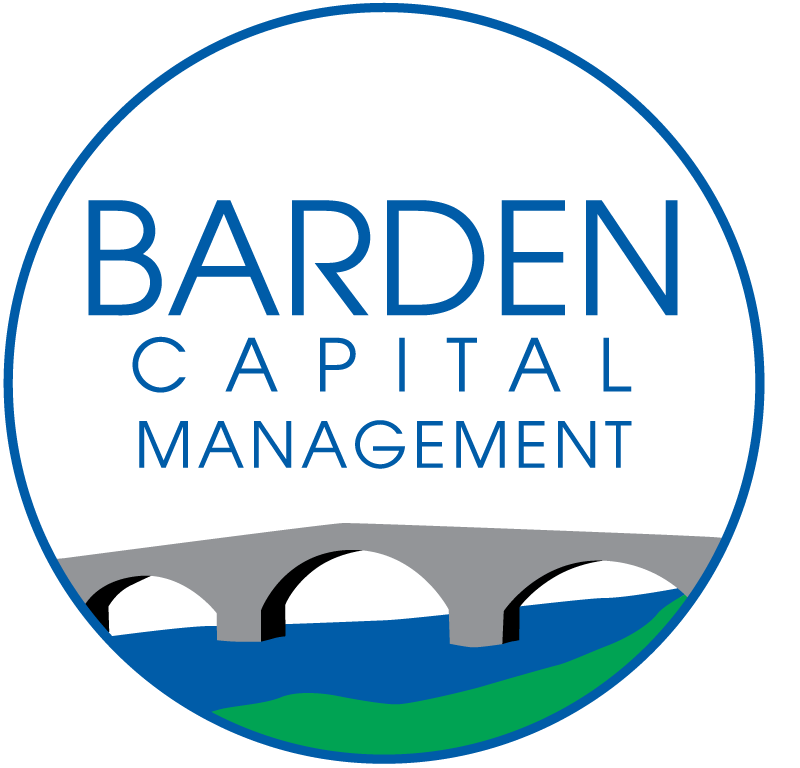All Eyes Are on Europe
Another day, another make or break European summit. This is now the 19th European summit in the past three years. 2012 is following a pattern reminiscent of 2010 and 2011. After starting off strong, the markets faltered in the spring and summer.
2010’s sell-off occurred as investors began to recognize the severity of the Greek debt crisis. 2011’s trials started when investors questioned solvency of the first Greek bailout. Confidence deteriorated further as ratings agencies downgraded U.S. debt while politicians bickered over the debt ceiling. This year, the markets cratered once it became clear that the measures taken by the European Central Bank last fall would not be enough to resolve the crisis.
We’ve just finished the strongest June since 1999. We’re still down for the quarter, but it seems that the policies that came out of the latest European summit will pacify investors—for a while at least.
Banking Crises Have Become Government Debt Crises
Currently, each country is accountable for the solvency and regulation of its banks. The problem is that in many countries like Ireland, the banking industry was three or four times the size of the overall economy. In Iceland, Ireland, and now Spain, the banking system collapsed due to losses on home loans. Since the national economies were only a fraction of the size of the banks’ liabilities, recapitalizing the banks with domestic funds alone proved impossible.
When a government proves unable to cover the losses of its domestic banks, bondholders demand higher interest rates on that government’s debt. Higher interest rates force governments to reduce spending, which exacerbates the economic downturn. This further weakens the banking system. A banking crisis escalates into a sovereign debt crisis at the point that a government is incapable of re-financing government debt at affordable interest rates.
If a country loses access to international bond markets, International lenders like the IMF (International Monetary Fund), the European Central Bank and the European Commission operate as lenders of last resort. Ireland is presently reducing its budget deficit and introducing pro-growth reforms. At some point, it will regain access to the bond markets, resolving its sovereign debt crisis. This is the government version of exiting from bankruptcy.
As long as someone big enough is willing to co-sign a government’s loans, the government isn’t forced to default and can continue to operate. But, aid from international lenders depends on the willingness of the government to reform. If Greece had elected to abandon reform and leave the Euro, it would most likely have lost the aid from international lenders and would have run out of funds within a few weeks.
European “Nation Building”
The market turning policy announcement from the latest European summit is that Europe is creating a unified banking system. Reforming European bank supervision doesn’t sound particularly revolutionary, but it is a substantial step down the road of European integration. The policy goal is to create a European version of the FDIC. Eventually, German deposits will guarantee Greek, Spanish and Italian banks.
No longer will the individual governments be first responders to a banking crisis. This severs the link between banking crisis and government debt crisis. All European banks will come under the supervision of the European Central bank, much the same way that all U.S. banks are regulated by the Federal Reserve.
The bond market is taking a wait and see approach as there are a wide variety of details that European principles must work out. Prior to the summit, Spanish interest rates moved above seven percent–up from 5% in March. After the banking agreement, Spanish interest rates dropped to 6.3%, while Italian rates dropped four-tenths of a percent.
Three Steps Forward, Two Steps Back
Europe is not out of the woods. Some countries like Italy have huge debts; Spain’s banks still need to write down billions in bad loans. But the plan now is to have all of Europe share the burden of recapitalizing banks that suffered losses.
The road to economic sustainability is uphill. Governments have to shrink their budgets, and an impatient public has to endure prolonged economic sluggishness. At some point, public opinion could turn against European integration. European unification seems to take three steps forward, then two steps back. They have been slowly integrating since the early 1950s. This process won’t be quick.
The recent policy should allow for a few months without European headlines. Over the last three years, when Europe is not in crisis, the markets have done pretty well. Since June of 2009, the global stock benchmark is up about 25%. Barden Capital’s growth portfolios are up about 35% over the same period. Year-to-date we’re up about 5%.
Zombie Economy Continues to Stumble Along
We’re positioned for a sluggish economic recovery. Companies that are more dependent on the rate of global economic growth are revising their earnings forecasts downward. Strategically, we’re emphasizing high quality, high growth stocks. Companies like Chipotle and Dollar General will achieve robust earnings growth regardless of the strength of the economic recovery. We’re also increasing our exposure to European based multi-nationals. Anheuser Busch Inbev is a prime example of a European Corporation with a global market. Eighty percent of its revenues come from North and South America, but it trades at a discount to non-European brewers. And we continue to emphasize high dividend paying stocks.
It’s extremely challenging to accurately forecast the economy. Everything depends on consumer, business, and investor confidence. Optimistically, Europe simmers down, and we moderate the severity of the fiscal cliff. If we can get through the next few months, confidence should recover. There is a tremendous amount of pent-up demand for housing. If the ability to get jobs and credit continue to slowly improve, the economy should accelerate into 2013.
The bad news is that the outlook is uncertain and it feels like we’re navigating minefields right now. The good news is no one expects anything positive to occur. Expectations are severely depressed. This means that the market should hold up as long as we avoid a 2008 like melt-down. Though Europe is stumbling, U.S. banks are largely in very healthy shape. They might not grow very quickly, but they’ve taken a large amount of risk off of their books.
Like in early 2009, the avoidance of disaster can be a strong catalyst to a market rally. It’s possible that this latest turning point could be the one that counts, but we won’t be able to determine that until after the fact. If earnings come in weak this quarter, and the market holds up, that will indicate that the market has discounted a weaker global economic environment. Even in a “muddle-through” type economy, if the market is too cheap stocks will go up.

